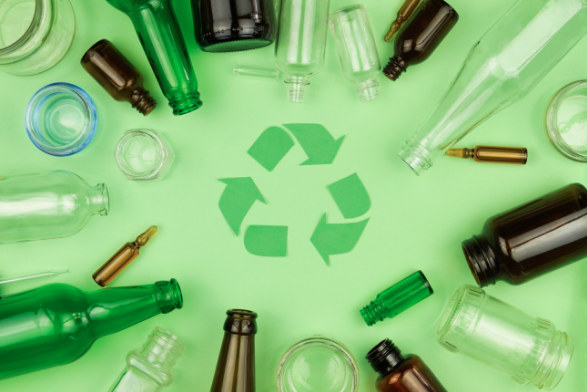The ocean is said to be Earth’s life support, with 97% of the world’s water held by the oceans. We rely on it to regulate our climate, absorb CO2 and oceans are the number one source of protein for over a billion people.

However, at the rate we are polluting the oceans, the damage we are doing to the marine life and ecosystem is becoming irreparable. It is estimated that 12.7 million tonnes of plastic ends up in oceans annually. Our actions over the 10 years will determine the state of the ocean for the next 10,000 years to come. (Source: condorferries.co.uk)
Here are some staggering plastic pollution on our ocean statistics:
The world produces 381 million tonnes of plastic waste yearly – this is set to double by 2034. 50% of this is single-use plastic & only 9% has ever been recycled.
More than 1 million plastic bags end up in the trash every minute.
1 in 3 fish caught for human consumption contains plastic.
More than 1 million seabirds and 100,000 marine animals die from plastic pollution every year.
There is now 5.25 trillion macro and micro pieces of plastic in our ocean & 46,000 pieces in every square mile of ocean, weighing up to 269,000 tonnes.
The Great Pacific Garbage Patch is around 1.6 million square kilometers – bigger than Texas.
Source: https://www.condorferries.co.uk/plastic-in-the-ocean-statistics
More Info : Plastic Recycling Solutions in Dubai
Websites : https://yesfullcircle.com/




